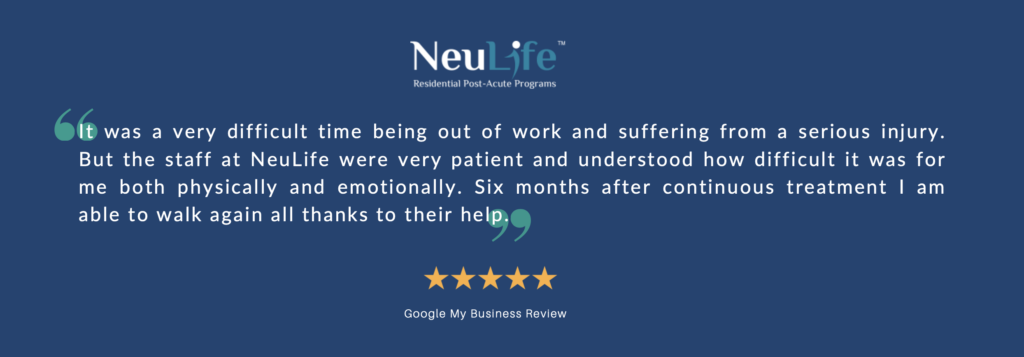If your loved one has experienced a traumatic brain injury (TBI), you may have noticed some changes in behavior, including a lack of motivation. This is likely due to damage to the frontal lobe of the brain.
It is important to understand that they are not intentionally being lazy but that it is a symptom of their injury. There is even a name for the condition: Adynamia.
Through learning about Adynamia, you can better understand what your loved one is experiencing. With this knowledge, you can offer great support as they work on recovery.
Patients with a TBI may not only have a lack motivation but seem disengaged in activities of daily life. It can make it difficult for them to progress in activities to improve cognitive functioning due to the symptoms they are experiencing.
Doctors know it is associated with damage to the brain's frontal lobe. This part of the brain is responsible for cognitive functioning. If there is damage, it can make it challenging to make decisions or multi-task. This can cause much frustration for the patient.
Because of difficulty with problem-solving and poor judgment, the patient can also be unmotivated. Working with a rehabilitation team can help the patient manage symptoms and build motivation with time.
Adynamia is associated with other symptoms experienced in patients with a brain injury. These may include cognitive, emotional, and other behavioral impairments.
Symptoms specific to Adynamia include:
Symptoms are similar to depression, but it is related to the injury, not a mood disorder. Doctors who specialize in traumatic brain injury rehabilitation can make the correct diagnosis.
Intervention is necessary because it can impact participation in recovery efforts. It can start with basic self-care tasks such as showering or getting dressed. Once the basics are addressed, patients can move forward to participation in additional therapy exercises.
Some interventions help patients with Adynamia progress and boost motivation. The best way is to make tasks simple and to make activities enjoyable.
Routines are essential when recovering from a TBI. The routine should be consistent and help the patient accomplish daily living activities. Break down tasks into simple steps to boost motivation. This can help the patient from becoming too overwhelmed.
Allow the patient choices but make it simple for them. The patient may be overwhelmed by making decisions. For example, give them two shirts to choose from to wear for the day. Making it simple for them can help the patient build motivation with time.
Also, set small but realistic goals. This is important in neurorehabilitation for it to be successful. Goals should be:
It is important goals be personalized to have the best outcome possible.
Do you have a loved one who needs post acute rehab after a brain Injury? Neulife is one of the largest neuro-rehabilitation centers in Florida and the southwest United States. Our team helps your loved one through rehabilitation by providing medical management, psychiatric and neuro physical services, and occupational, speech, and cognitive therapies.
We want to ensure your loved one has the best possible recovery to get back to the family they love. Schedule a tour or contact us at 1-888-626-3876. You can also make a referral here! We are always happy to answer any questions you may have!

The material contained on this site is for informational purposes only and DOES NOT CONSTITUTE THE PROVIDING OF MEDICAL ADVICE, and is not intended to be a substitute for independent professional medical judgment, advice, diagnosis, or treatment. Always seek the advice of your physician or other qualified healthcare providers with any questions or concerns you may have regarding your health.

We know that choosing the next step in your recovery from a catastrophic illness or injury is complex. Together, we can help you take the next step.
Contact us with any questions today.